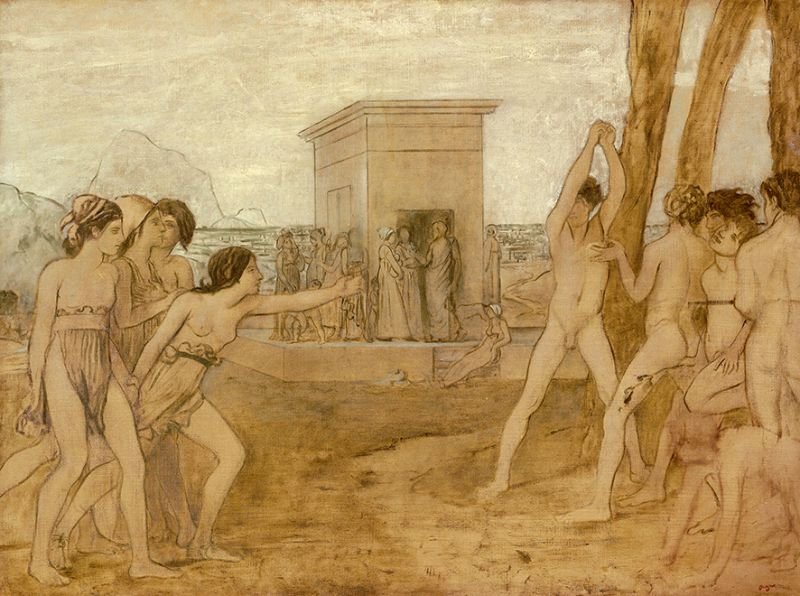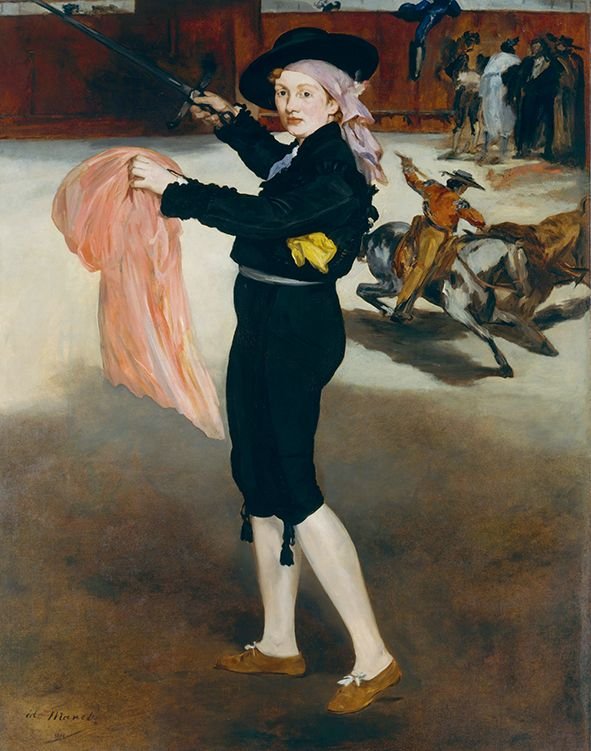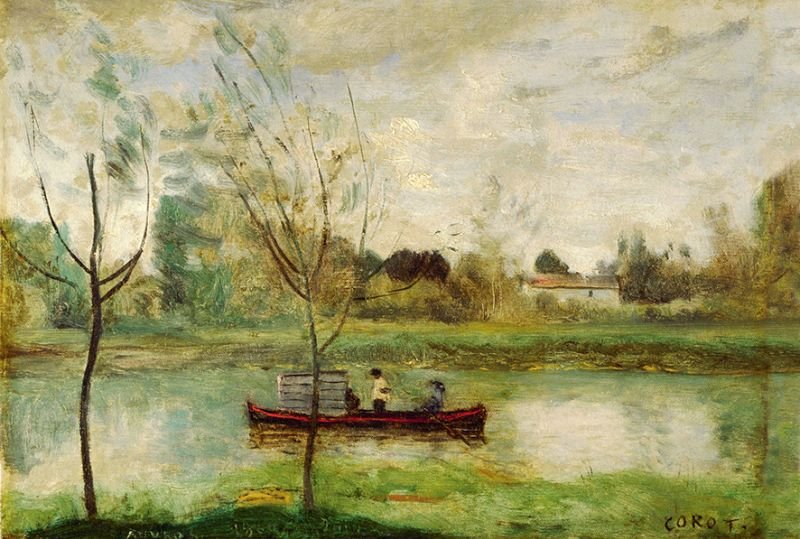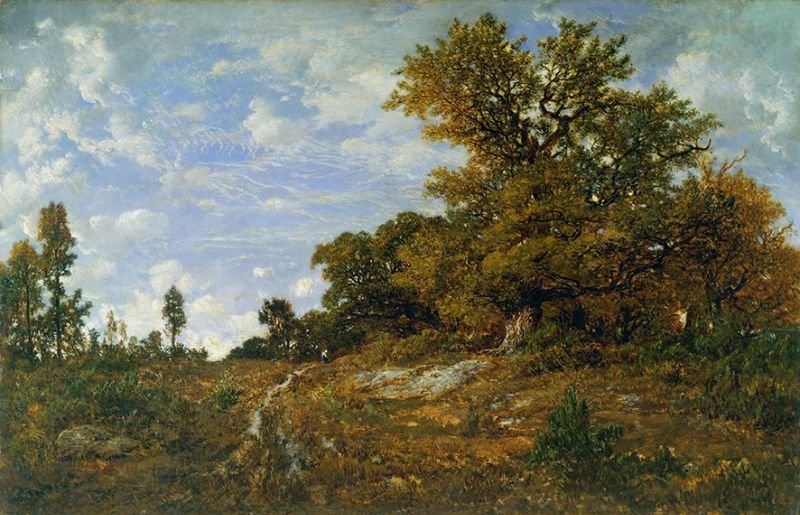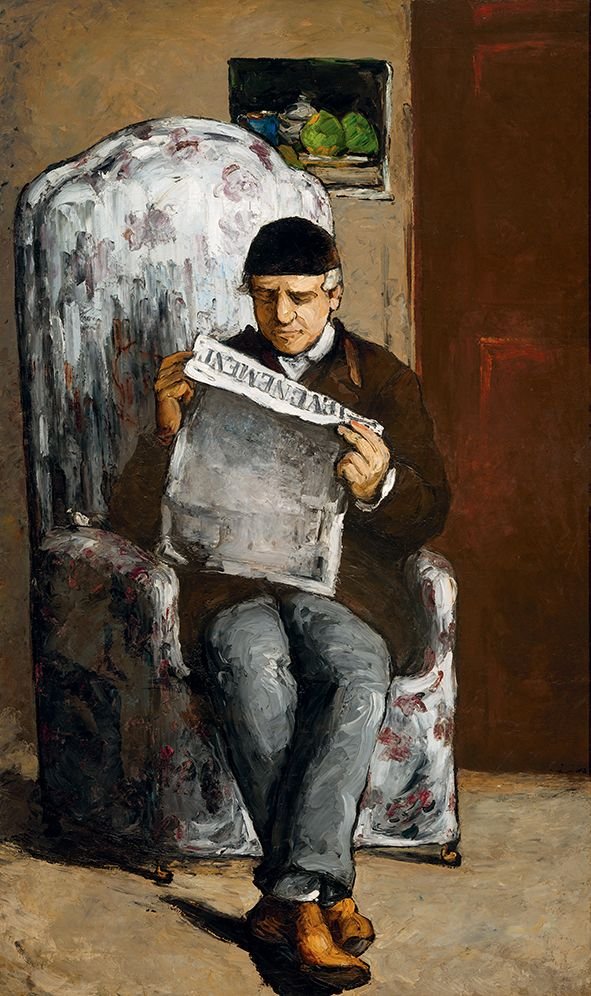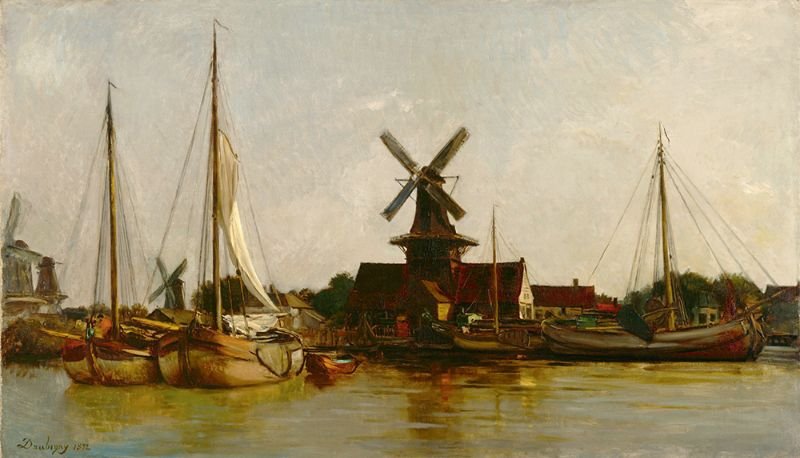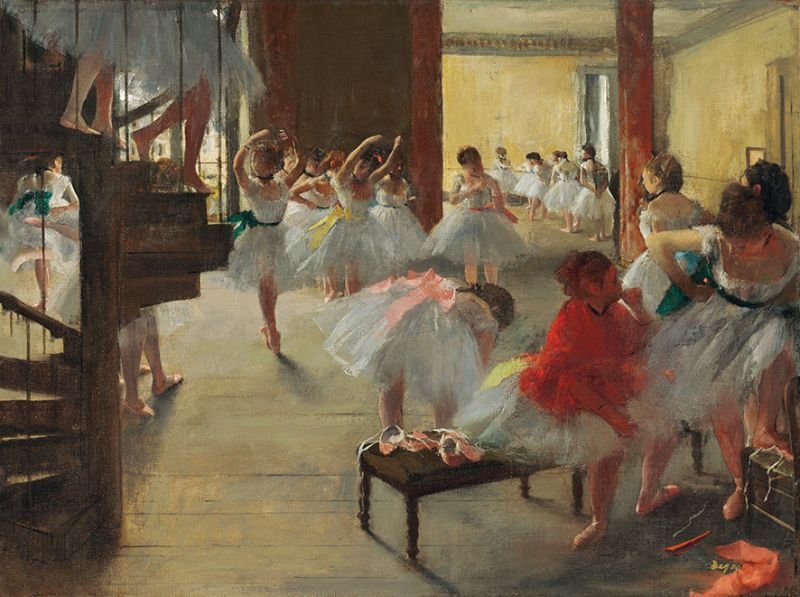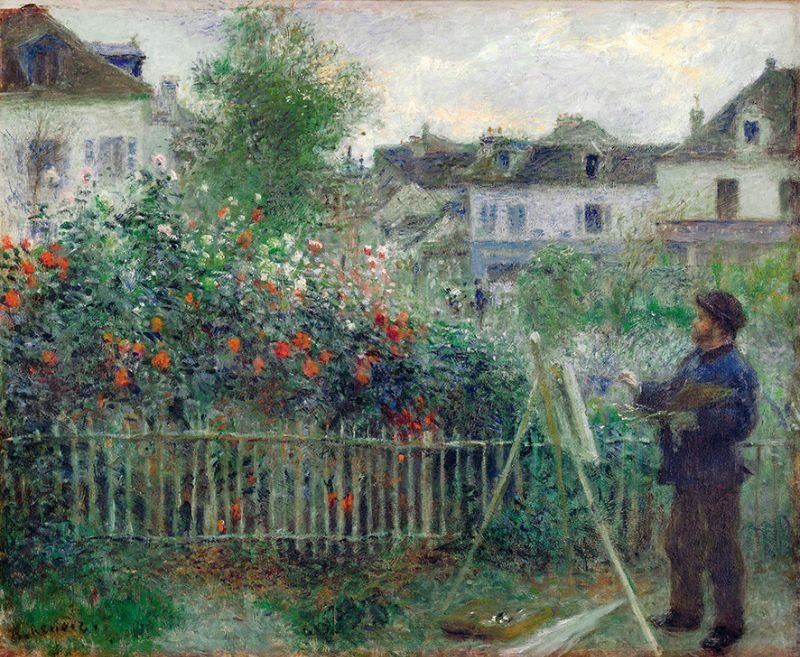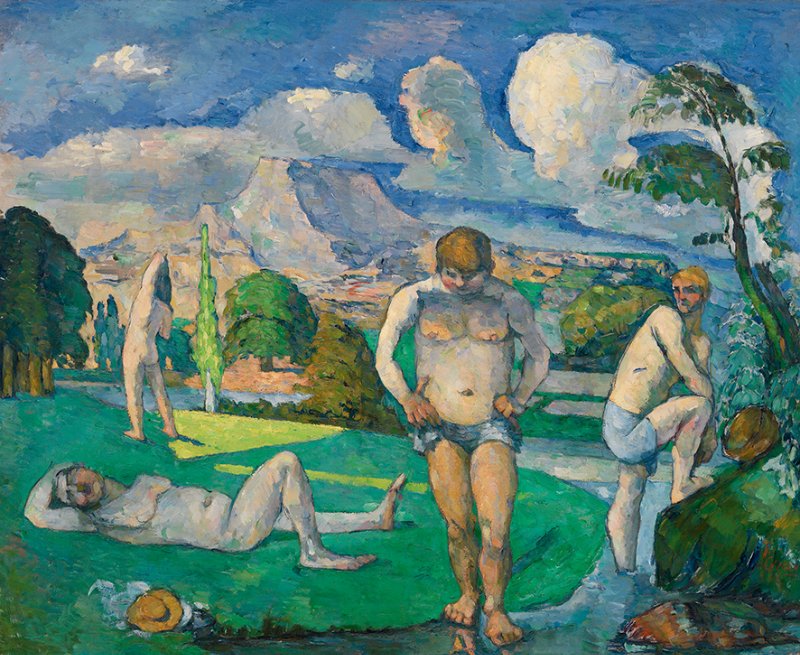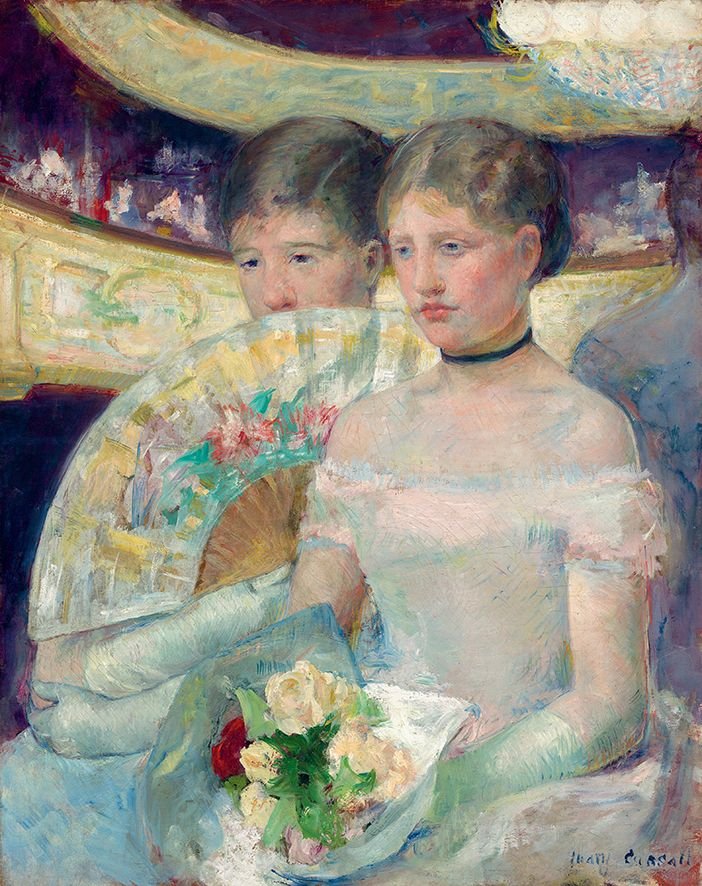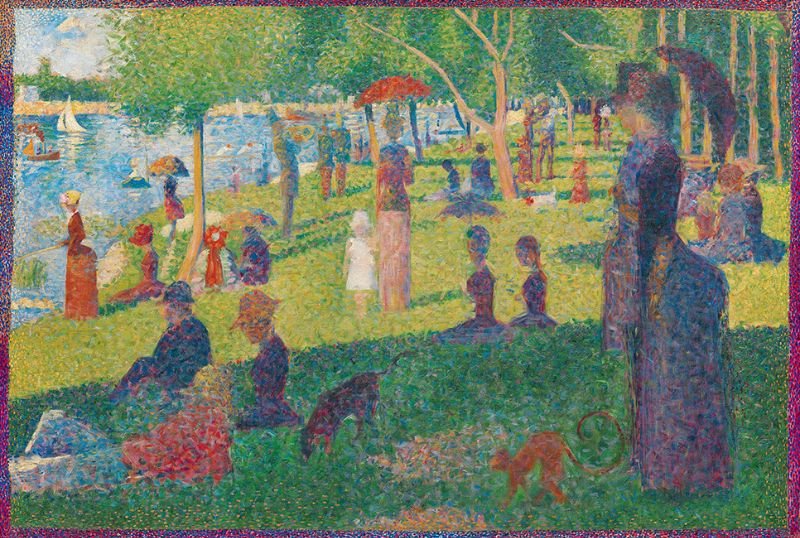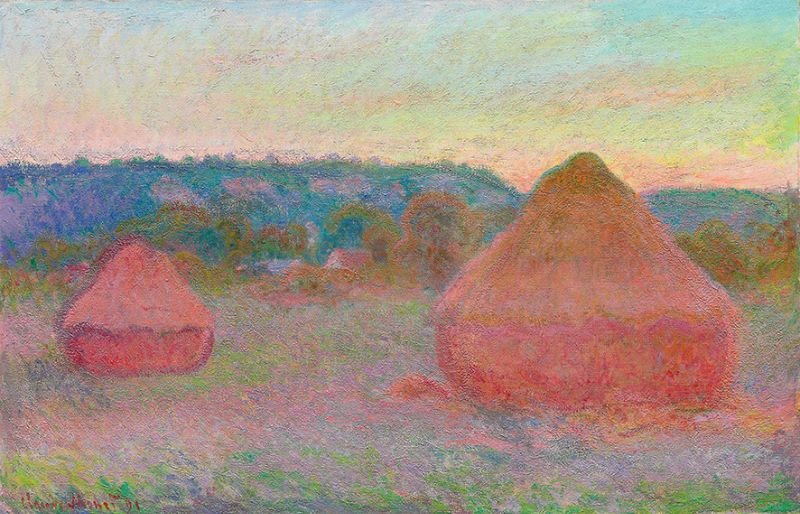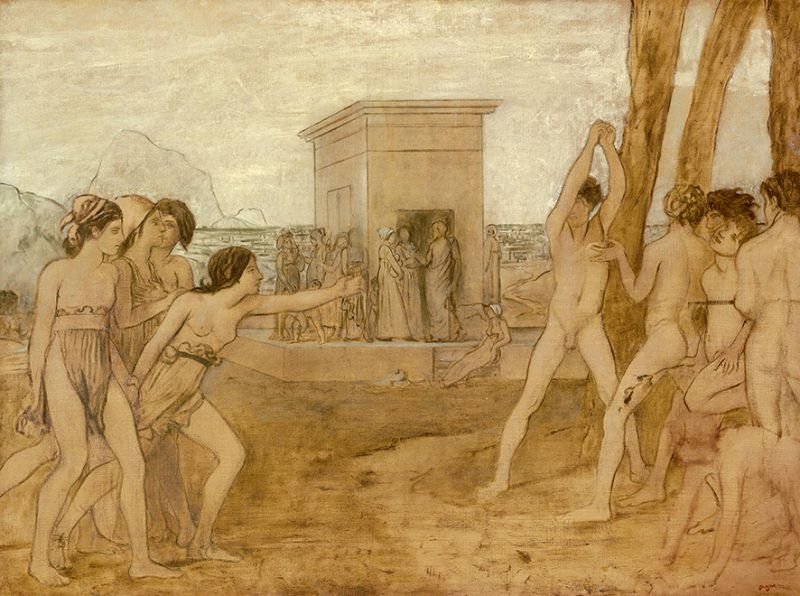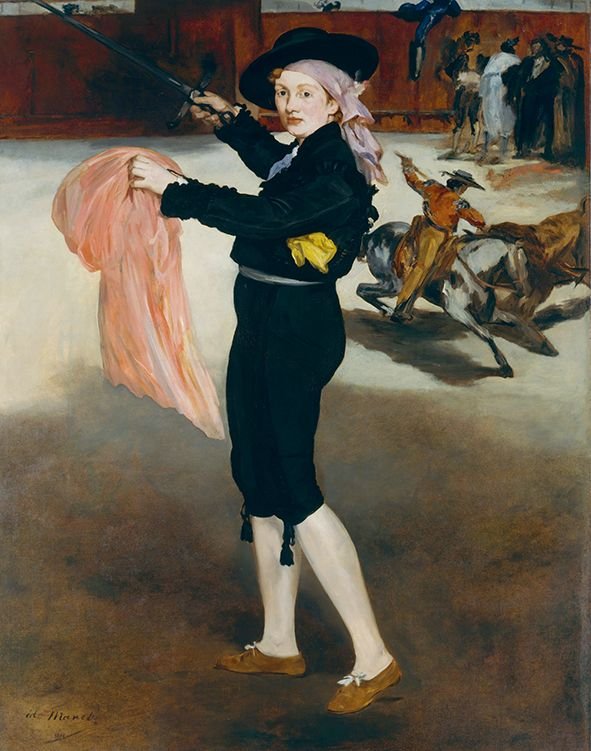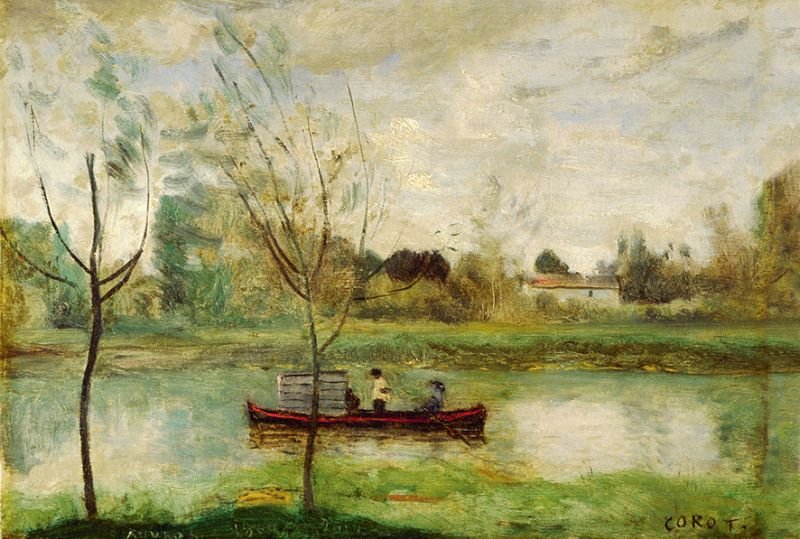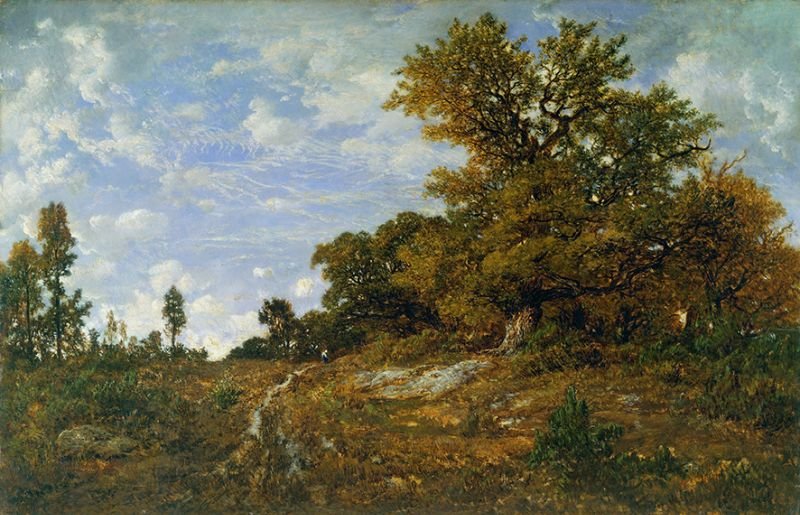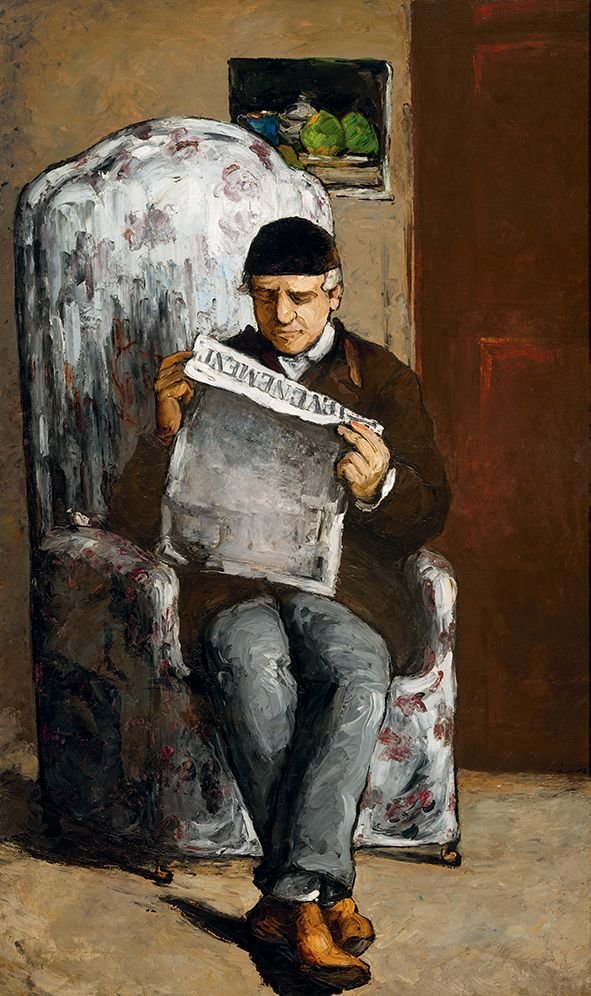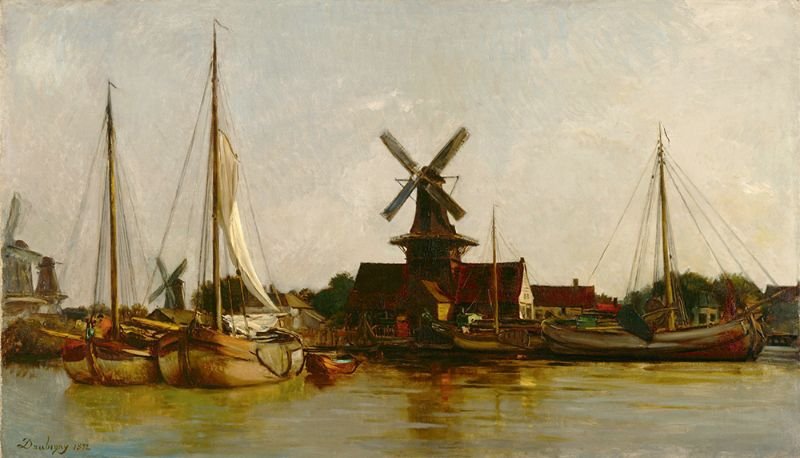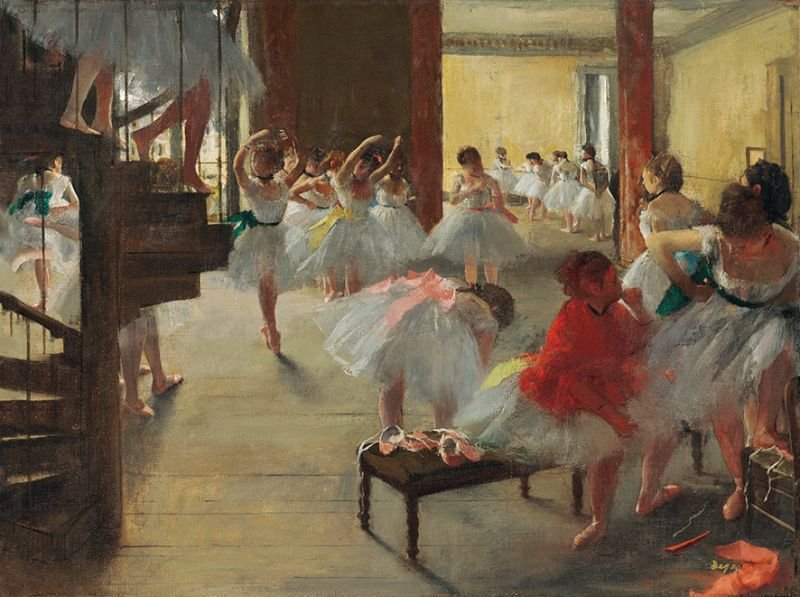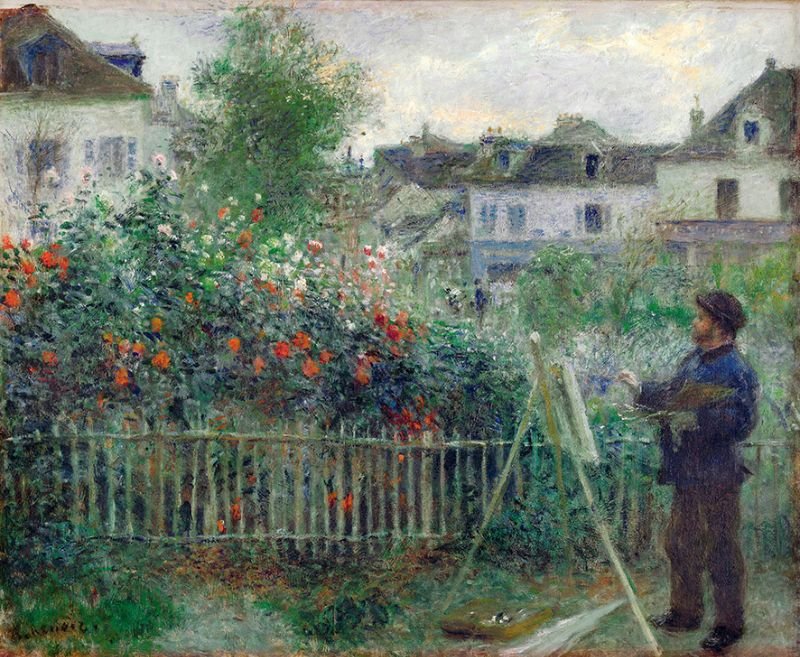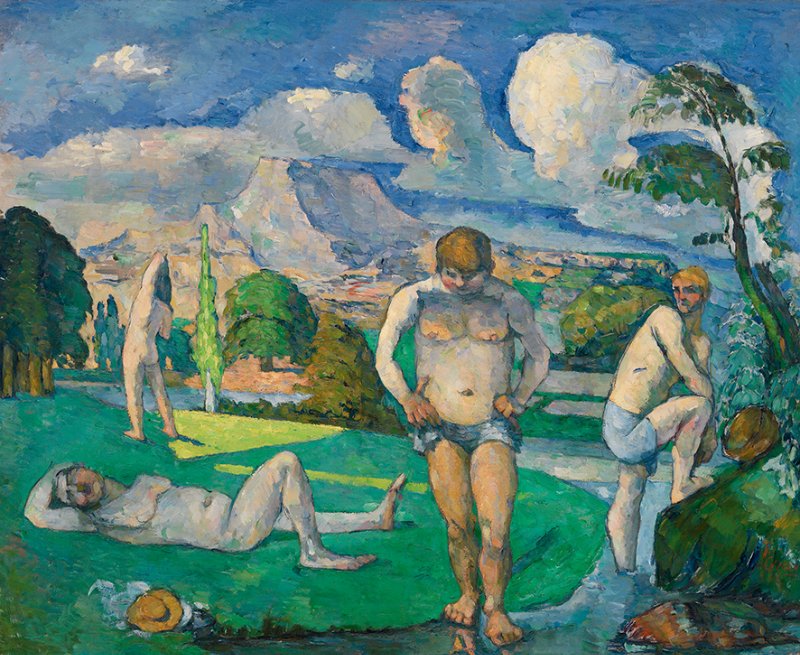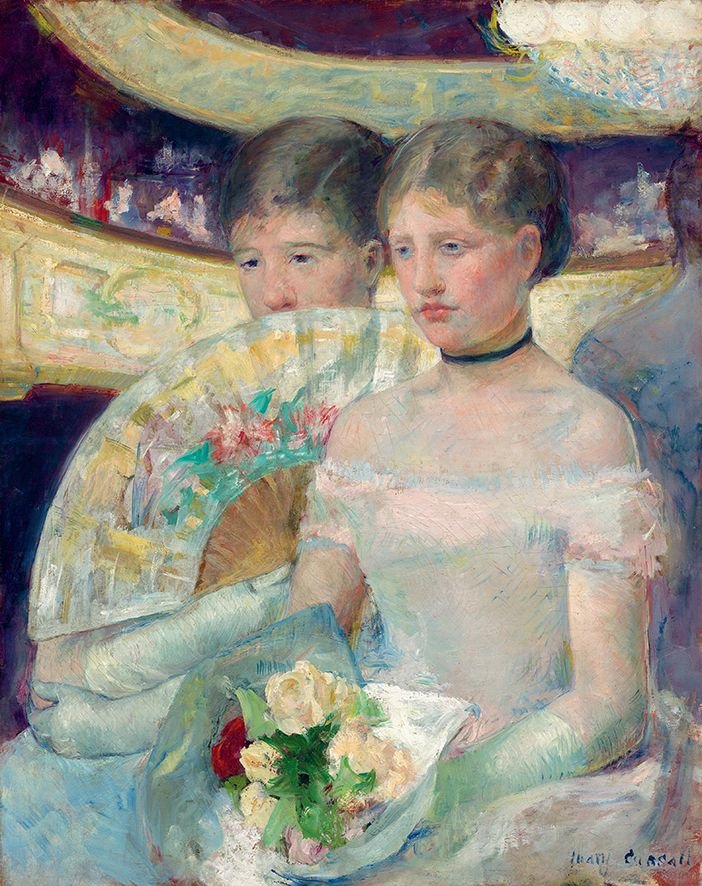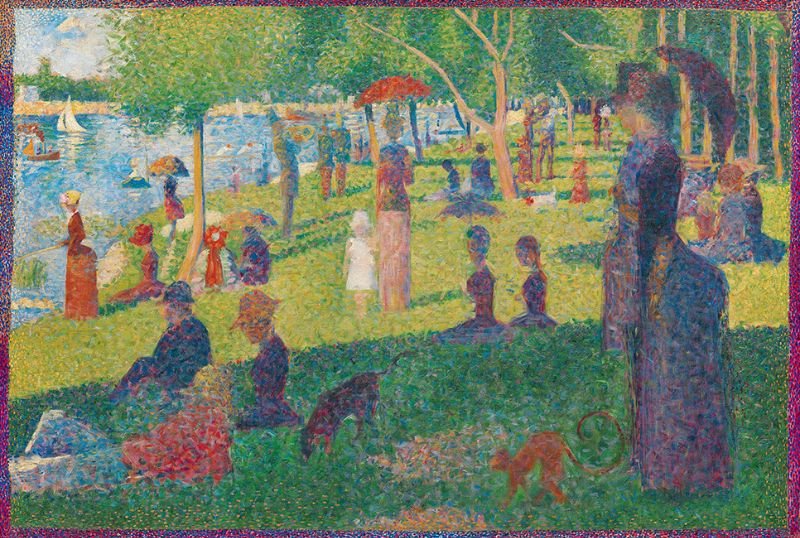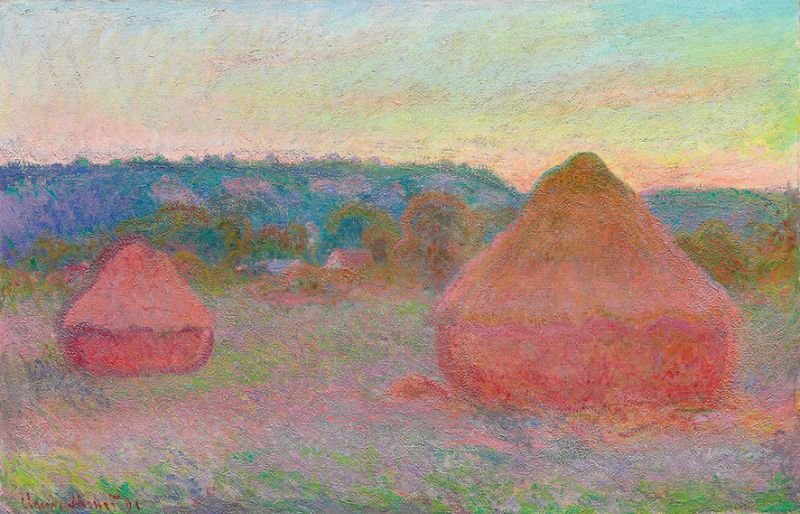La storia dell'Impressionismo
When the first edition appeared in 1946, The History of Impressionism was immediately celebrated for the extraordinary simplicity of its layout, its use of primary sources and, by drilling down to the smallest detail, its ability to reconstruct the events that culminated in the first Impressionist exhibition of 1874. Covering a total timespan of some thirty years, from 1855 to 1886, the volume chronicles a strenuous battle made up of triumphs and defeats, integrity and perseverance, in the slow and contorted process of knocking down the wall of dissenting critics and bourgeois prejudices. The revolt’s leaders were Monet, Bazille, Manet, Degas, Pissarro, Sisley, Gauguin, Morisot, Redon, Seurat and Signac, who, devoted to painting en plein air and impatient with traditional forms of representation, created canvases that were held up to public contempt, and then turned a journalist’s derisory epithet – “painters of impression” – into their banner.
In this astute blend of scientific rigour and public accessibility, John Rewald gracefully offers critical insight without ever ceding to the pitfalls of technical jargon. The result is a narrative that exerts a strong grip on the reader. This book is the most accurate account of a key period in art history, evoking the climate, aromas, friendships and nuances of the various personalities by reconstructing the artists’ dialogues and daily lives. The wealth of quotations Rewald amassed from surviving witnesses is of vital importance, gathered in the knowledge that this would be the last chance to fix them in time.
The author continued to enrich his seminal text of research into Impressionism over the years until 1973. It is that version that we republish here, with a new colour image layout that pays homage to these artists whose work was, above all, a revolution in light and colour.
Foreword by Flaminio Gualdoni
Textual index
Prefazione - Flaminio Gualdoni
Introduzione
I. 1855-1859
L’Esposizione universale di Parigi, 1855 - Panorama dell’arte francese
II. 1859-1861
Monet e Boudin - Manet e Degas - L’Académie Suisse - L’atelier di Courbet
III. 1862-1863
Lo studio di Gleyre - Il Salon des Refusés e la riorganizzazione dell’École des Beaux-Arts
IV. 1864-1866
Barbizon e i suoi pittori - Altri Salon - Successi e delusioni
V. 1866-1868
Zola critico d’arte - Un’altra Esposizione universale - Progetti per un’esposizione collettiva - Nuove difficoltà per Monet
VI. 1869-1870
Il Café Guerbois - Stampe giapponesi - “La Grenouillère”
VII. 1870-1871
Il Salon del 1870 - La guerra franco-prussiana e la Comune – Monet e Pissarro a Londra
VIII. 1872-1873
Gli anni del dopoguerra - Auvers-sur-Oise - Un altro Salon des Refusés
IX. 1873-1874
La prima mostra collettiva (1874) - L’origine della parola “Impressionismo”
X. 1874-1877
Argenteuil - Caillebotte e Chocquet - Vendite all’asta e altre esposizioni - Primi echi all’estero - Il pamphlet di Duranty, La Nouvelle peinture
XI. 1877-1879
Il Café de la Nouvelle Athènes - Renoir, Sisley e Monet al Salon - Un nuovo critico d’arte: Huysmans – Discordie violente
XII. 1880-1883
Altre esposizioni e contrasti di idee - Morte di Manet
XIII. 1883-1885
Insoddisfazione e dubbi - Gauguin a Copenaghen - Redon – Seurat e Signac - La Société des Indépendants
XIV. 1886
Ottava e ultima mostra impressionista - Primo successo di Durand-Ruel in America - Gauguin e van Gogh
XV. Gli anni dopo il 1886
La storia dell'Impressionismo


